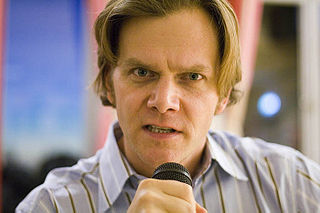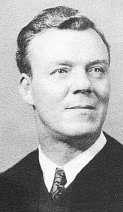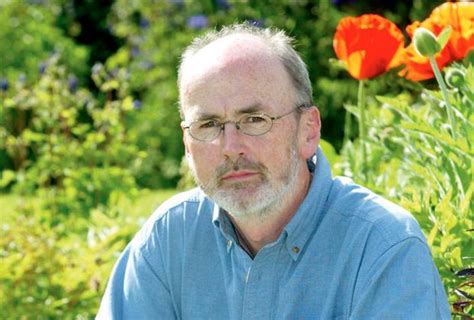A Quote by William Morris
It is the childlike part of us that produces works of the imagination. When we were children time passed so slow with us that we seemed to have time for everything.
Related Quotes
Read to your children all of the time
Novels and nursery rhymes
Autobiographies, even the newspaper
It doesn't mater; it's quality time
Because once upon a time
We grew up on stories in the voices in which they were told
We need words to hold us and the world to behold us
For us to truly know our souls
A parent does not do everything for their kid. A parent that does everything for their kid produces a kid with no self-confidence. If our parents fixed everything for us and did not allow us to do anything on our own, or intervened every single time, we would all grow up to be completely dependent. The reason we grow up to be healthy adults is because our parents played this game of giving us responsibility, disciplining us when necessary, letting us try, letting us fail.
I love working together with Dean McDermott. We love - we actually are a couple that do everything together even when we're not working. So for us, this is the best venue for our relationship because we get to spend all our time together. And I think for other couples, you know, perhaps they didn't spend all their time together and then all of a sudden they were stuck together all the time, and they couldn't make it work. But for us it works.
It was as if we were at the heart of a maze. We were overwhelmed by the enormity of the tasks ahead. Mary had given us a bottle of milk and a spoonful of loose tea, and so, unable to decide what to do, we did what all Irish men and women do: we had tea. Suddenly the sun appeared and not for the first or last time we felt it uplifting us and changing everything. It seemed like a holiday.
It can sometimes be a hearbreaking struggle for us to arrive at a place where we are no longer afraid of the child inside us. We often fear that people won't take us seriously, or that they won't think us qualified enough. For the sake of being accepted, we can forget our source and put on one of the rigid masks of professionalism or conformity that society is continually offering us. The childlike part of us is the part that, like the Fool, simply does and says, without needing to qualify himself or strut his credentials.
One of the ways the telegraph changed us as humans was it gave us a new sense of what time it is. It gave us an understanding of simultaneity. It gave us the ability to synchronize clocks from one place to another. It made it possible for the world to have standard time and time zones and then Daylight Savings Time and then after that jetlag. All of that is due to the telegraph because, before that, the time was whatever it was wherever you were.
It is only great pain--that slow, sustained pain that takes its time, in which we are, as it were, burned with smoldering green firewood--that forces us philosophers to sink to our ultimate profundity and to do away with all the trust, everything good-natured, veil-imposing, mild and middling, on which we may have previously based our humanity. I doubt that such a pain makes us 'better'--but I know that it makes us deeper.
As young people we want something to slow us down and keep us trapped in one place long enough to look below the surface of the world. That disaster is a car crash or a war. To make us sit still. It can be getting cancer or getting pregnant. The important part is how it seems to catch us by surprise. That disaster stops us from living the life we'd planned as children - a life of constant dashing around.





































